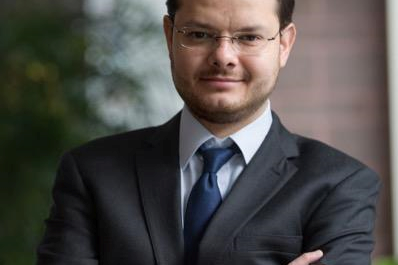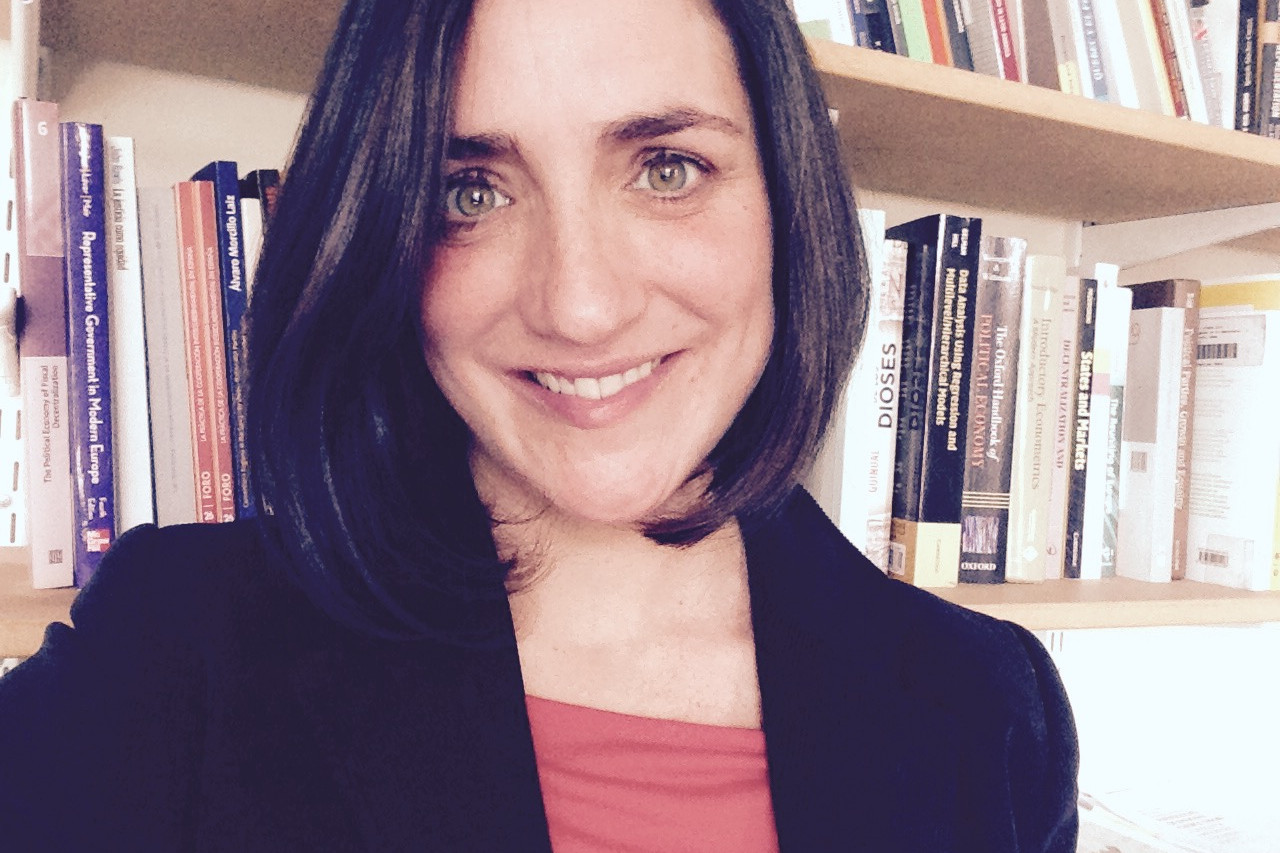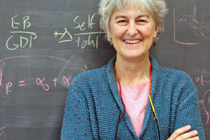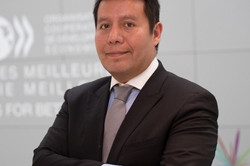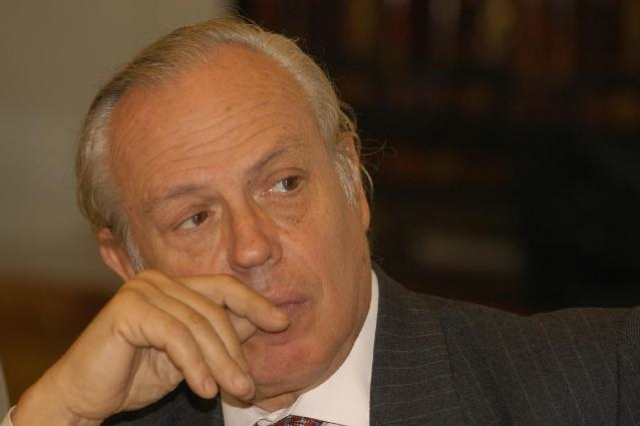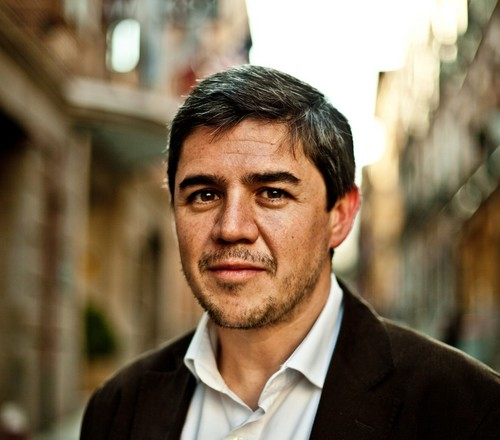
A year ago, 85 people had accumulated as much wealth as half of humanity. In a single year, there were only 80 people who together had as much as 3,500 million others. And in 2016, 1% of the world population will accumulate as much wealth as the remaining 99%; 70 million people have as much as 7,000 million. Carlos Slim, the richest man in the world, would need to live more than 200 years spending a million dollars a day to exhaust his fortune.
These shocking figures expressing extreme inequality speak for themselves, it is difficult to say anything, and we should leave a long pause for reflection on the world we are building, the societies in which we live, the legacy we leave to future generations. Because in parallel with this extreme concentration, every night there are 800 million people who go to bed without being able to eat enough food.
Moreover, the most worrisome are not these obscene numbers but rather the threat they pose to people living in poverty, a figure that has fallen in recent years mainly due to China and India, but whose progress is now under threat. In addition, each week the number of people who fall into vulnerable grows in millions.
If we add to this crisis of extreme inequality that we live in another defining element of our time, the environmental crisis, we have two elements that intertwine and enhance each other. Whoever accumulates great wealth -countries, companies, economic sectors- are those who devour the planet, pollute too much and cause irreparable damage to the whole of humanity, especially the poorest people living in arid and vulnerable regions, such as the Sahel belt.
In fact, Oxfam is talking about a concept that links these two crises and encourages the spiral of concentration of wealth, perpetuating poverty and the vulnerability of a growing proportion of the world population. It is the concept of political capture: the influence of those who have more influence on the laws governing the fate of everyone, which has become a factor that makes the spiral of concentration grow and grow.



